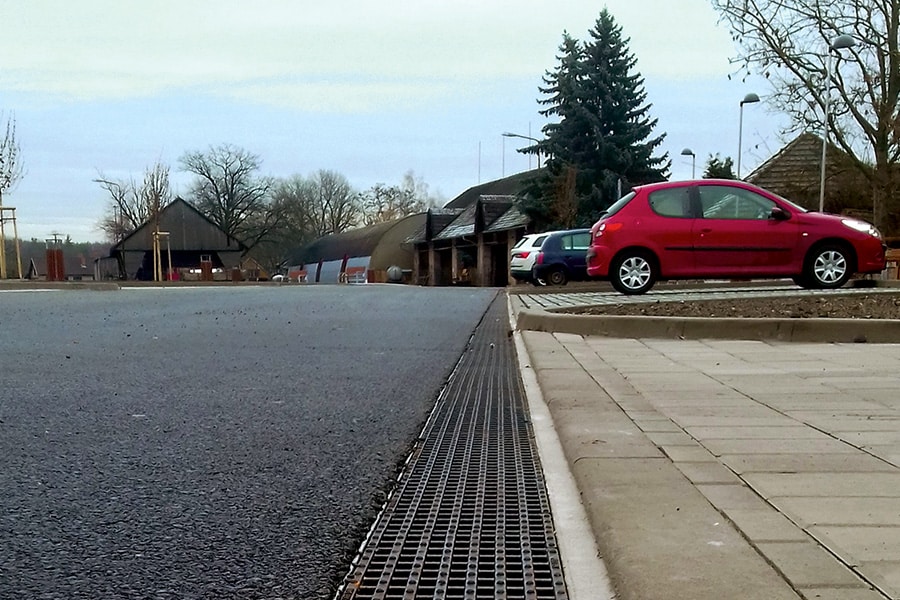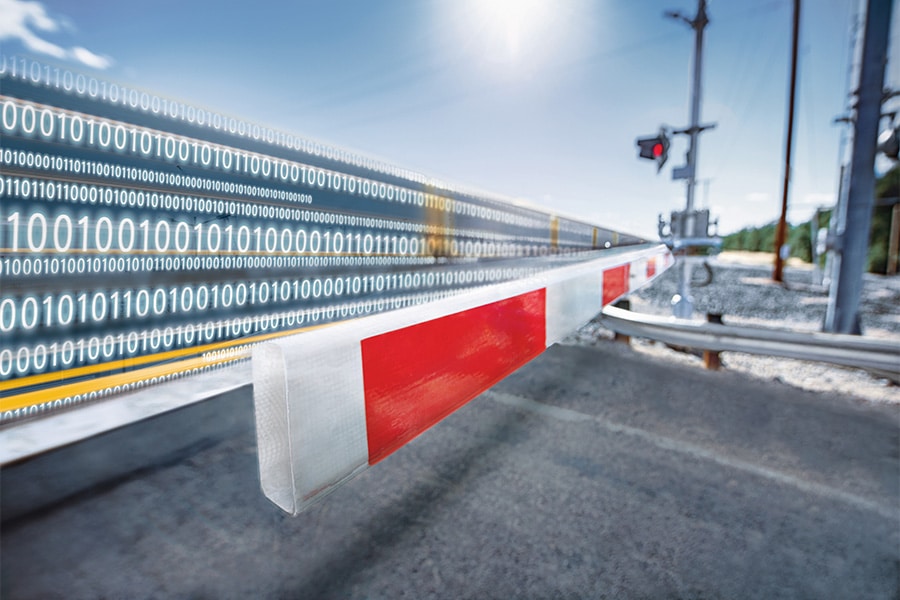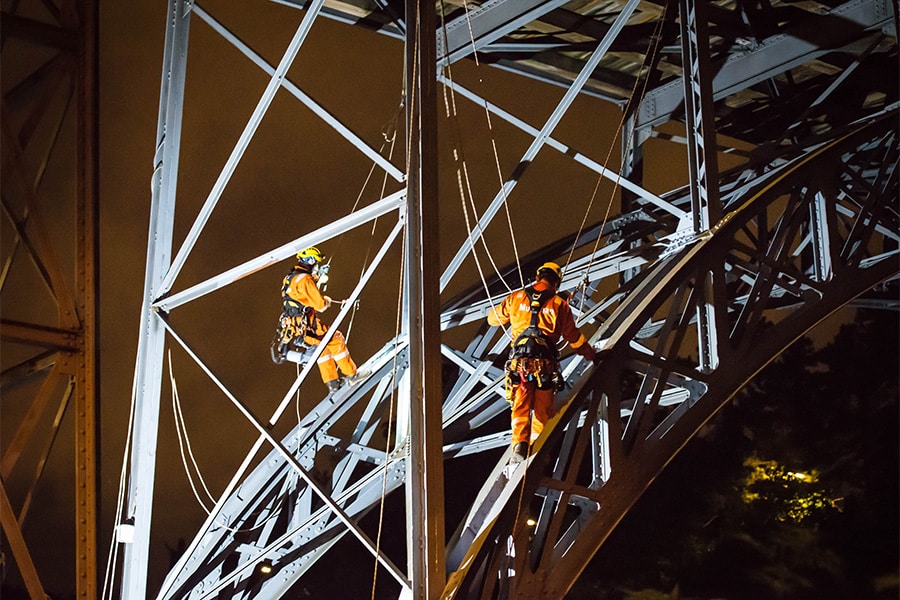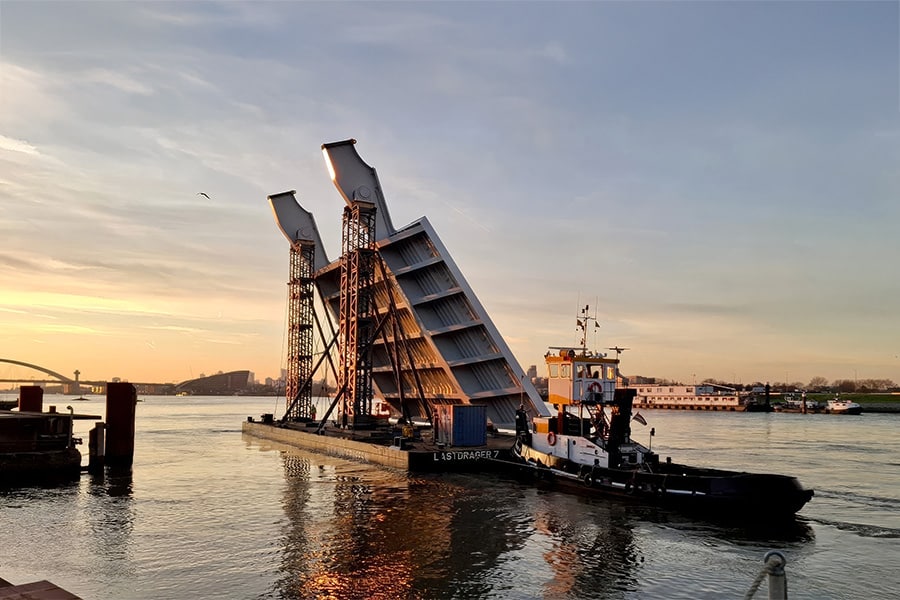
Well prepared into 2025 with digitization as driving force
The construction industry is facing some major challenges and changes. Digitalization, sustainability and safety will set the agenda in the coming years. At the same time, the sector is struggling with increasing complexity in projects, stricter laws and regulations, and a tight labor market. "Companies need to work smarter, cooperate better and capitalize on these trends to stay competitive," says Peter Winkeler, commercial director at VanMeijel Automatisering.
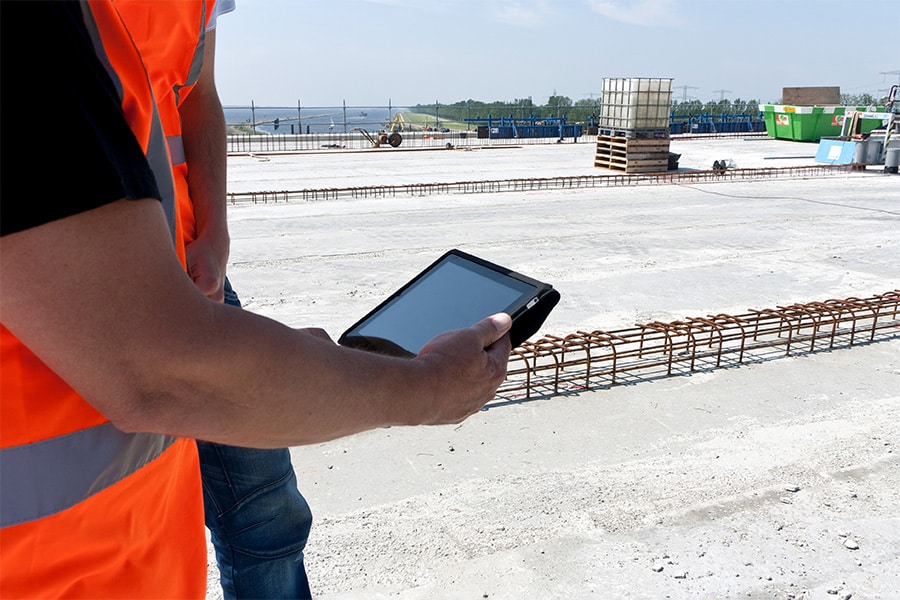
VanMeijel Automatisering has been a specialist in digitizing many issues in the infrastructure sector for nearly 40 years. With 15 years of experience at the intersection of construction and IT, Peter clearly sees the digital trends and challenges in the sector. "Many companies in the infra sector have already made significant strides in digitalization," he says. "In 2025, it's time to get to work on the issues that drive the industry's agenda today and tomorrow."
Tight labor market forces to work differently
One of the biggest challenges is the tight labor market. Peter: "Finding the right professionals is becoming increasingly difficult. It is therefore worthwhile, on the one hand, to actively develop policies to retain personnel and, on the other, to organize the work of employees more efficiently in order to focus even more on core tasks. Digitalization can play a major role in this by easing administrative burdens. In this way, employees can enjoy their work more and there is less chance of good staff leaving."
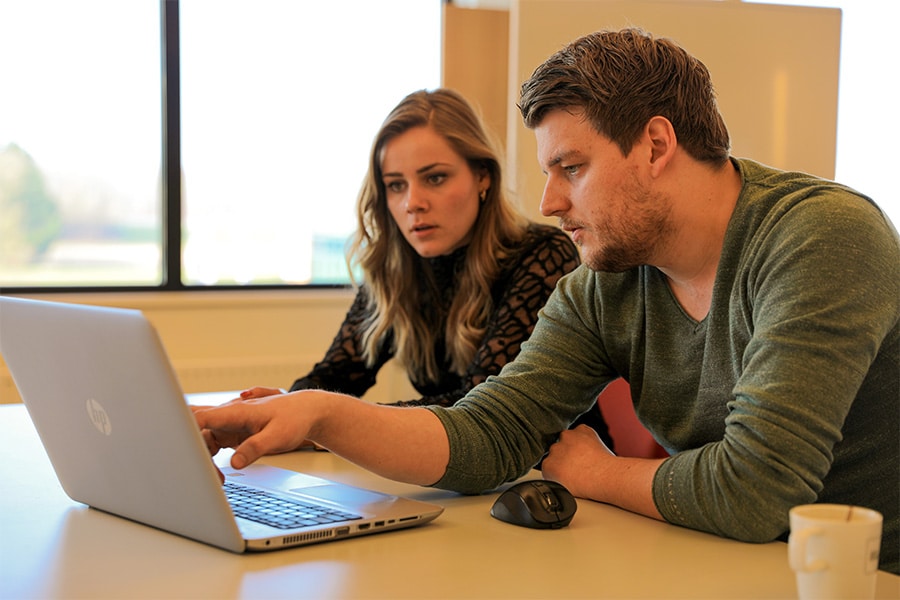
Working smarter and more sustainably
According to Peter, the future of construction lies in smart automation. "Many companies generate valuable data, but do not yet use it to its full potential. However, with smart algorithms and clear dashboards, you can turn data into valuable insights that make it easier to make the right decisions and reduce administrative pressure."
Sustainability also plays an increasing role, enforced in part by regulations. "Companies that know how to distinguish themselves in this regard have an edge," says Peter. "For example, by using smart calculations to present different options to clients: a traditional variant with higher CO2 emissions versus a more sustainable offer that may be higher in price but offers a lower footprint. This helps in making a better choice regarding costs, revenues and reduction of the carbon footprint."
Continuous innovation and chain collaboration
Continuous innovation with your software systems is essential for companies that want to stay future-proof, according to Peter. "Implementing an ERP system and then not looking back at it is counterproductive. You have to keep investing in your systems so they can grow with your business and changing laws and regulations. Companies that keep their systems current operate more efficiently and save on IT costs." His experience shows that it often takes small changes to make big improvements.
In addition, he points out the importance and potential of digital chain collaboration. "Digitalization has long since ceased to be only about internal processes. It is essential that all chain partners can work together seamlessly. An important next step lies in optimizing collaboration and information exchange throughout the chain, from client to supplier. This is where big gains can be made for the future."
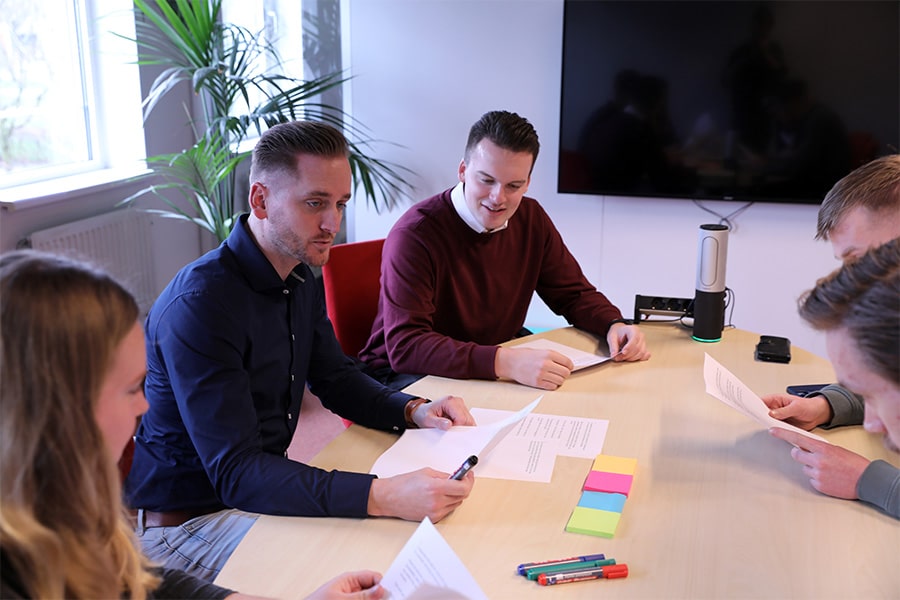
Working safely in the cloud
While digitization offers many benefits, it also brings risks. "Working digitally makes companies more vulnerable to cyber incidents," warns Peter. "Good IT security is essential to protect your business processes from unwanted intruders. In case you are not doing much about this yet, start taking measures in the coming year to better secure your systems and information. Making a move to the cloud is also, as a rule, a more secure way of working."
Future-proofing with small steps
For companies looking to innovate, Peter recommends a step-by-step approach. "Change doesn't happen overnight. Start with small steps and make sure you have a clear goal and strategy. Involve both management and staff in this process. That way you create support and go into 2025 well prepared."
With digitalization as a driving force, companies in the construction industry can strengthen their competitive position and stand the test of time. "It's an evolution," Peter concludes. "But those who start investing in technology and innovation now will reap the benefits in the years to come."
Heeft u vragen over dit artikel, project of product?
Neem dan rechtstreeks contact op met Van Meijel Automatisering BV.
 Contact opnemen
Contact opnemen
